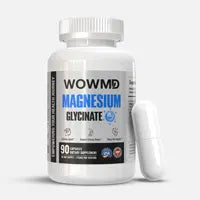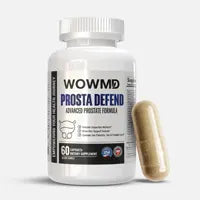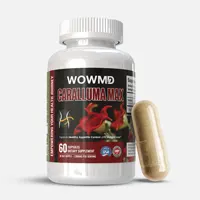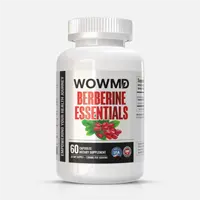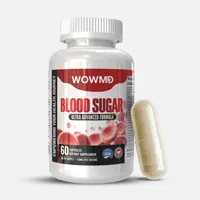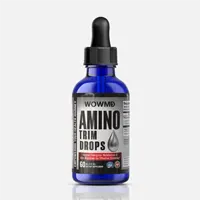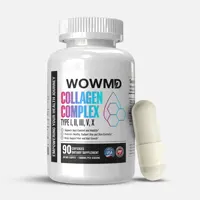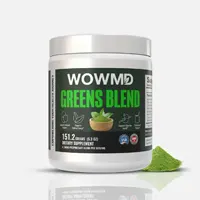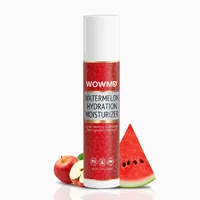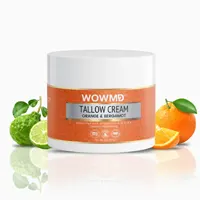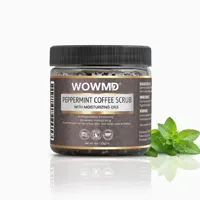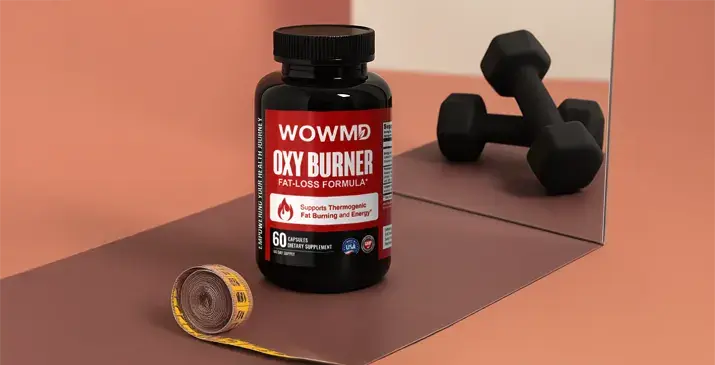Best Weight Loss Supplements 2025: Expert Guide to Proven Ingredients & Top Picks
Explore the best weight loss supplements for 2025 in this expert guide. Learn about effective options, the science behind them, and their pros and cons for informed choices.
Advertiser Disclosure: WOWMD independently vets all recommended products. If you purchase a featured product, we may be compensated. Learn why you can trust us.
You May Also Like
Popular Stories
- The Best Beef Tallow Products for Radiant Skin: A 2026 Guide
- Holy Basil : Ayurveda’s Herb for Balance, Immunity & Everyday Calm
- Best Gel Moisturizers for Hydration & Skin Care in 2026
- 7 Best Effective Supplements for Improving Bladder and Prostate Health in 2026
- 4 Best Cooling Gels for Skin and Body: Instant Refreshment and Relief
- 4 Best Hyaluronic Acid Serums for Skin Hydration - Tested & Reviewed
References
WOWMD follows strict sourcing guidelines to ensure the accuracy of its content, outlined in our editorial policy. We use only trustworthy sources, including peer-reviewed studies, qualified experts, and information from top institutions.
- Why are Americans Obese?https://www.publichealth.org/public-awareness/obesity/
- Dietary Supplements for Weight Management: A Narrative Review of Safety and Metabolic Health Benefitshttps://www.ncbi.nlm.nih.gov/pmc/articles/PMC9099655/
- Dietary capsaicin and its anti-obesity potency: from mechanism to clinical implicationshttps://www.ncbi.nlm.nih.gov/pmc/articles/PMC5426284/
- The effects of magnesium supplementation on obesity measures in adults: a systematic review and dose-response meta-analysis of randomized controlled trialshttps://pubmed.ncbi.nlm.nih.gov/32654500/
- Effect of glucomannan on obese patients: a clinical studyhttps://pubmed.ncbi.nlm.nih.gov/6096282/
- The effects of caffeine intake on weight loss: a systematic review and dos-response meta-analysis of randomized controlled trialshttps://pubmed.ncbi.nlm.nih.gov/30335479/
 Alpha Man Power Pack
Alpha Man Power Pack All-Day Fat Burn Trio
All-Day Fat Burn Trio Better Immunity Bundle
Better Immunity Bundle  Calm & Sleep Duo
Calm & Sleep Duo Cognitive Health & Vision Combo
Cognitive Health & Vision Combo Complete Weight Loss Bundle
Complete Weight Loss Bundle Core Vitality Trio
Core Vitality Trio Energy Booster Combo
Energy Booster Combo Focus Fuel Trio
Focus Fuel Trio Glow & Balance Duo
Glow & Balance Duo Health Balance Trio
Health Balance Trio Heart Care Bundle
Heart Care Bundle Joint Health Support Combo
Joint Health Support Combo Men's Immunity & Prostate Health Bundle
Men's Immunity & Prostate Health Bundle Metabolism Boost Duo
Metabolism Boost Duo Natural Skin Care Bundle
Natural Skin Care Bundle Peak Performance Duo
Peak Performance Duo Relax & Recharge Duo
Relax & Recharge Duo Skin Detoxification Bundle
Skin Detoxification Bundle Smart Energy Trio
Smart Energy Trio Stress + Energy + Wellness Combo
Stress + Energy + Wellness Combo  Total Burn Ignite Trio
Total Burn Ignite Trio Total Harmony Pack
Total Harmony Pack Workout Supplements Combo
Workout Supplements Combo